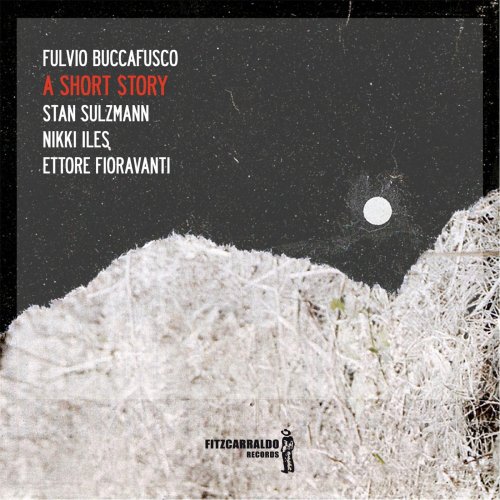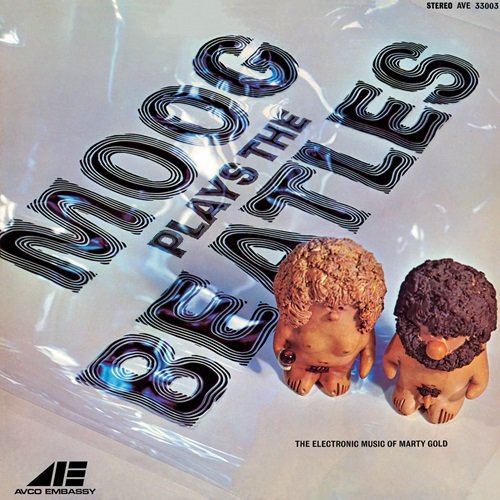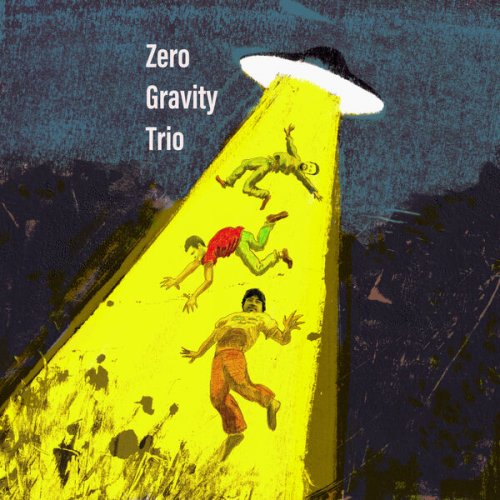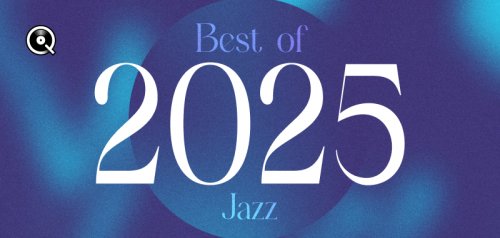Vladimir Ashkenazy - Shostakovich: Piano Works (2004) [SACD]
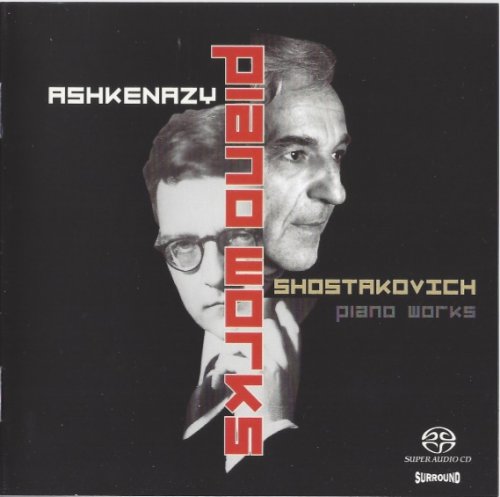
Artist: Vladimir Ashkenazy
Title: Shostakovich: Piano Works
Year Of Release: 2004
Label: Decca [470 649-2]
Genre: Classical
Quality: DSD64 image (*.iso) / 2.0 > 1-bit/2.8224 MHz
Total Time: 01:01:28
Total Size: 3,6 GB (+3%rec.)
WebSite: Album Preview
Vladimir Ashkenazy plays assorted solo piano works by Dmitri Shostakovich. The second of three posts of his SACD releases on Decca.Title: Shostakovich: Piano Works
Year Of Release: 2004
Label: Decca [470 649-2]
Genre: Classical
Quality: DSD64 image (*.iso) / 2.0 > 1-bit/2.8224 MHz
Total Time: 01:01:28
Total Size: 3,6 GB (+3%rec.)
WebSite: Album Preview
When Ashkenazy plays Shostakovich, something wonderful happens that has never happened before. This is the first credible performance of the Second Sonata. There may be several reasons other than the one I’ve alluded to. First, in his Fifteenth Symphony Shostakovich revealed several things about himself he had never revealed before — notably he showed up the critics who had seriously underestimated the influences of Rossini and of the German Romantics in his work. Performances accomplished before the Fifteenth Symphony was performed might be done in relative ignorance of these influences. Ashkenazy has played Schumann brilliantly, and I hear the influence of Schumann in Ashkenazy’s performance of this sonata whereas neither I nor the other performers who have recorded this work, even those who knew Shostakovich, seem to have heard it.
After the Sonata, the rest of the works on this disk are very brief, the shortest only 29 seconds long. The Five Preludes of 1921 are distinct works from the 24 Preludes of Opus 34 (1935) or the Preludes and Fugues of Opus 87, not earlier versions of these later works. The three Fantastic Dances were originally published as Op 1, Op 2, and Op 3, and later gathered and republished as Opus 5, which is what is shown in the track listing. But Eric Rosebury in his notes refers to them as “Opus 1″ perhaps because, like me, he owns the earlier edition of the music. The first two of the Fantastic Dances are very reminiscent of Satie.
Aphorism #3, Nocturne, is written without bar lines or key signature. The following Elegy, written without key signature in alternating 4/4 and 5/4 time seems almost as free in tempo, whereas the succeeding numbers make almost sarcastic use of strict dance rhythms. #8 Canon, again with no key signature, is as close to 12 tone music as Shostakovich ever got. The Legend is almost frightening in its moody, mysterious growling sound. Lullaby is a very free singing line over a regular ostinato bass. In these brief, brilliant, highly experimental works Shostakovich roughed out the musical territory he would spend the rest of his life exploring in detail.
This is the first Decca high resolution recording I have encountered, and you will note that it is not a DSD recording, which is all to the good. My observation is that 4.0 surround sound is entirely adequate for solo piano. The discrete surround tracks will accurately reproduce the acoustic of the recording studio. The producer has evidently set up some highly reflective panels near the piano in the recording studio (or the piano has some odd internal resonance, which is unlikely) to give an emphasised, even sarcastic, brilliance to the piano’s high notes, but in the surround tracks this results in an echo that some may find objectionable. You may prefer, as I do, to play the 2.0 stereo SACD tracks utilising your surround sound decoder for a warmer and more realistic sound.
Tracks:
Piano Sonata No. 2 Op. 61
1. I. Allegretto
2. II. Largo
3. III. Moderato Con Moto
Three Fantastic Dances Op. 5.
4. I. Allegretto
5. II. Andantino – Allegretto
6. III. Allegretto
Five Preludes
7. I. Allegro Moderato E Scherzando
8. II. Andante
9. III. Allegro Moderato
10. IV. Moderato
11. V. Andantino
12. Lyric Waltz from Dances of the Dolls
13. Short Piece from The Gadfly
14. Spanish Dance from The Gadfly
15. Nocturne from the Limpid Stream
Aphorisms Op. 13
16. I. Recitative
17. II. Serenade
18. III. Nocturne
19. IV. Elegy
20. V. Marche Funebre
21. VI. Etude
22. VII. Dance Of Death
23. VIII. Canon
24. IX. Legend
25. X. Lullaby
26. Polka from The Golden Age
![Vladimir Ashkenazy - Shostakovich: Piano Works (2004) [SACD]](https://www.dibpic.com/uploads/posts/2020-07/1594754807_back.jpg)
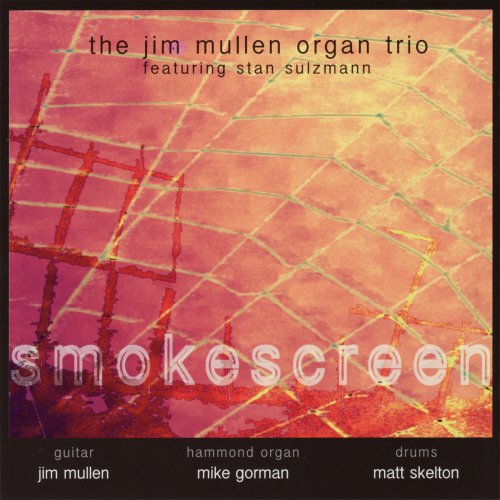
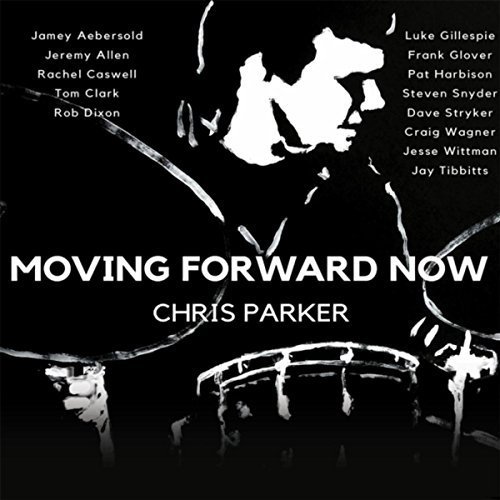
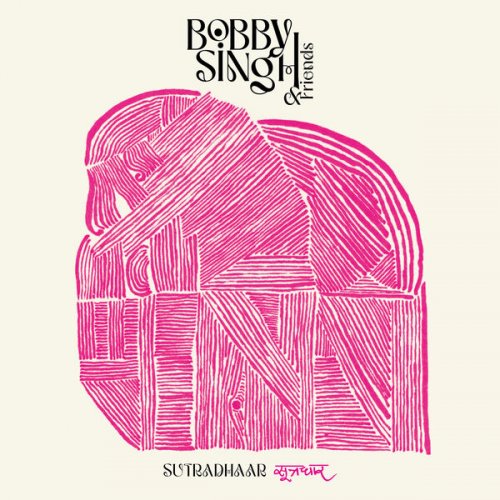
![Colin James & The Little Big Band - Christmas (2007) [CD Rip] Colin James & The Little Big Band - Christmas (2007) [CD Rip]](https://www.dibpic.com/uploads/posts/2025-12/1766507683_folder.jpg)
